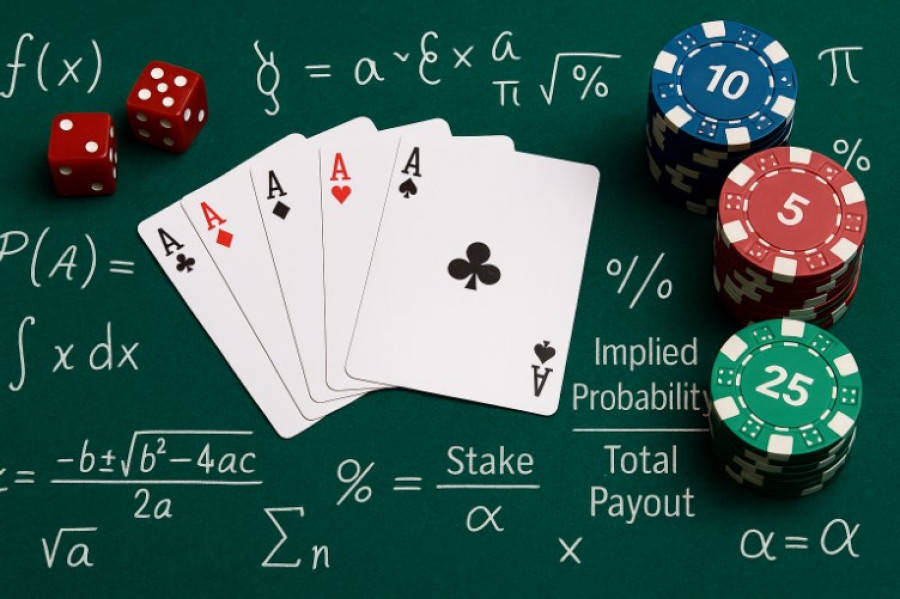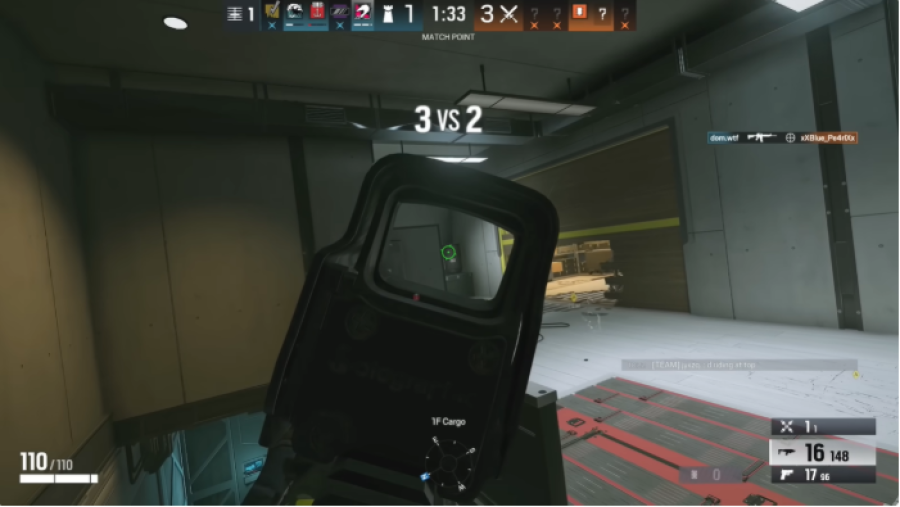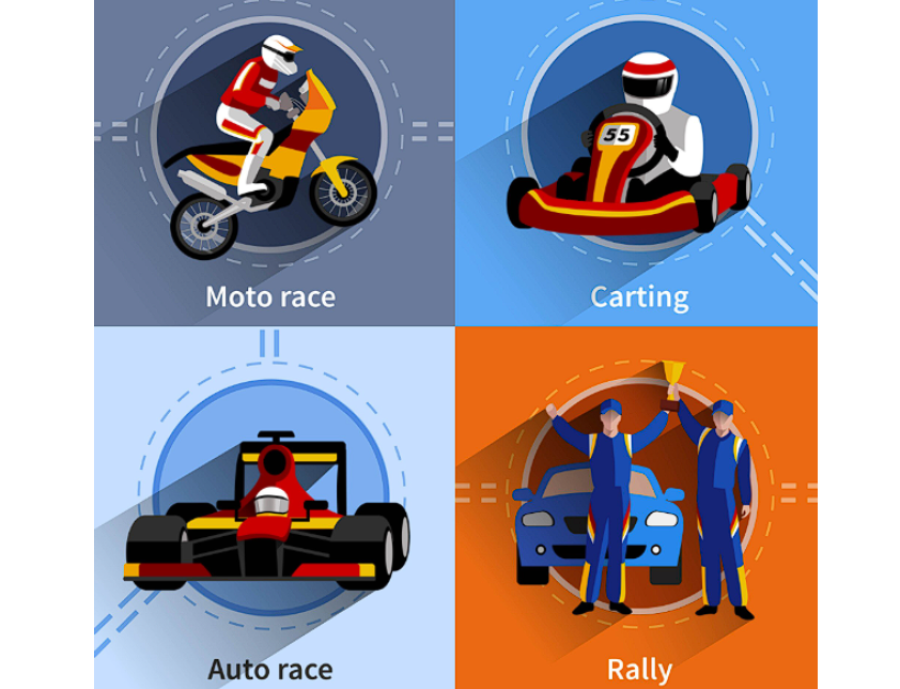The numbers behind casino games offer a fascinating look at how chance, statistics, and strategic thinking intersect. At the core lies the mathematical modeling of odds and probability, which helps players evaluate whether a wager is statistically favorable.
Understanding the Types of Betting Odds
Before exploring probabilities, it's important to know how betting odds work. Odds can appear in several formats: fractional, decimal, and moneyline. Fractional odds, often used in the UK, display as ratios like 6/1. Decimal odds, more common in Europe and Australia, express the total payout for each unit wagered, such as 3.00 for a $1 bet. Moneyline odds, popular in the U.S., use positive and negative numbers to indicate potential winnings or the amount needed to wager for a profit.
Comparing Odds Across Platforms
Comparing odds across different platforms is essential. Various bookmakers might present slightly different numbers for the same event. Some reputable platforms, such as FIRST casino partners, provide comprehensive reviews and comparisons of odds offered by different casinos.
Converting Betting Odds Into Probabilities
A key element of how to read betting odds is translating them into implied probabilities. This is achieved using a straightforward formula:
Implied Probability = Stake / Total Payout
For instance, fractional odds of 8/13 imply a 61.5% chance of winning. Decimal odds of 2.20 suggest a 45.45% likelihood, while moneyline odds of -250 translate to a 71.43% probability. These calculations allow bettors to compare their personal assessment of an event's likelihood against the bookmaker's estimate.
How Bookmakers Build Profit Margins
When assessing how odds work, it becomes apparent that bookmakers build a margin into the odds to guarantee profit. This is known as the over-round. For example, if Australia has moneyline odds of -250 (71.43% implied probability) and New Zealand has odds of +200 (33.33% implied probability), the total exceeds 100%, reaching 104.76%. The surplus 4.76% represents the bookmaker's edge.
From the bookmaker's perspective, taking $104.76 in wagers allows them to expect a $100 payout, securing a profit margin regardless of the outcome. This built-in margin ensures that, over time, the house maintains profitability.
The Psychological Aspects of Gambling
Behavioral economics heavily influences gambling behaviors. Winning small amounts frequently can lead novice players to increase their wagers, often resulting in significant losses over time. Emotional responses, such as the excitement of a win or the hope of recouping losses, frequently override logical decision-making.
Casinos leverage psychological elements in their design, from controlled lighting to complimentary drinks, encouraging prolonged play. These factors, combined with the mathematical house edge, contribute to sustained profitability for casinos.
House Edge Across Different Casino Games
For those learning how to calculate odds, understanding the house edge is vital. Blackjack offers some of the most favorable odds for skilled players, with a house edge ranging from 0.40% to 1%. This means that, on average, a player might lose only 40 cents to $1 per $100 wagered.
Other games with relatively low house advantages include craps, baccarat, and select video poker machines. Conversely, games like Keno, slot machines, and the Big Six Wheel often carry the highest house edges, making them less favorable for players seeking better odds.
Distinguishing Between Odds and Probability
Grasping how to understand betting odds involves distinguishing between odds and probability. Probability expresses the chance of an event occurring, usually as a percentage. Odds represent the ratio of success to failure, formatted differently depending on the betting system used. This distinction aids in accurately evaluating potential wagers.
Calculating the Odds of Casino Games
To figure out how to read odds, consider a simple example like a coin toss, which offers two possible outcomes: heads or tails. The odds of winning a bet on heads are 1 in 2, or 50%. In more complex games, calculations involve analyzing all possible outcomes and favorable results, providing a clearer picture of potential returns.
Evaluating Betting Opportunities Effectively
A betting opportunity is considered favorable if the bettor's estimated probability of an outcome surpasses the bookmaker's implied probability. Identifying such opportunities requires careful analysis and a solid grasp of how to calculate odds effectively.
While the house edge ensures long-term profitability for casinos, informed players can make smarter choices by understanding betting odds, recognizing profitable scenarios, and managing risks with discipline.









